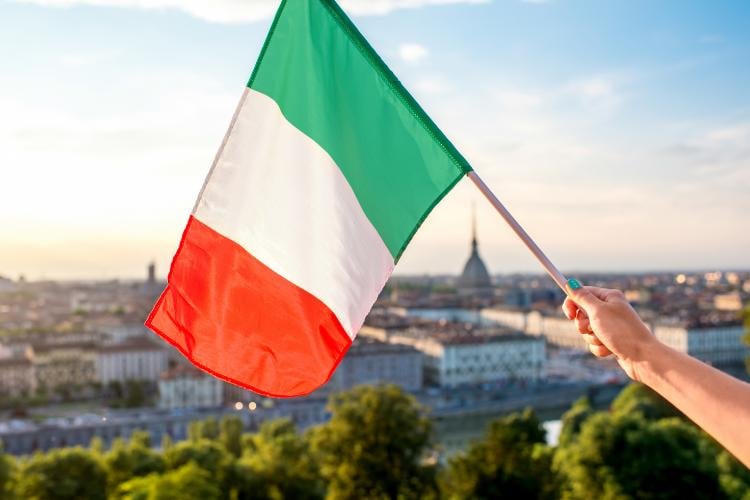The Meaning of Tombola: A Beloved Italian Tradition
In this blog post, we’ll explore the meaning of the game tombola, its history, and its cultural importance in Italy.
Do you want to experience a beloved Italian tradition that brings people together and reinforces cultural identity? Look no further than tombola! This quintessential Italian game has a rich history and cultural significance passed down from generation to generation.
History of Tombola in Italy
Tombola has been played in Italy for centuries and has become a beloved tradition. The game has roots in a type of lottery played in the Middle Ages, where the winning numbers were drawn from a bag or “tombola.”
The game was played during the Christmas season and was a way for people to raise money for churches and charities.
As the game became more popular, it evolved into a more formalized version still played today. The modern version of the game tombola is played with cards with numbers on them and a set of wooden or plastic chips used to mark the numbers as they are called out.
Related Reading: 7 Top Italian Card Games: Rich History, Endless Fun
Meaning of Tombola in English
Tombola is often translated to English as “bingo,” but the two games have several key differences. While both games involve the calling out of numbers and marking them on a card, tombola has a unique cultural and linguistic context in Italy.
In Italian, the word “tombola” has a playful and lighthearted connotation that reflects the joy and camaraderie of the game.
Unlike bingo, which is often associated with a more formal or organized setting, tombola is seen as a game that can be played in a casual and relaxed setting, such as at home with family and friends.
Cultural Importance of Tombola in Italy

Tombola has become a beloved Italian tradition played during the holiday season, especially on Christmas and New Year’s Eve. The game allows families and friends to unite, socialize, and reinforce cultural identity.
The rules of tombola can vary from region to region and family to family, but the game is always played with a sense of joy and conviviality.
In some regions of Italy, the game is played with special cards with pictures of saints or other religious symbols, while in other regions, it is played with cards with pictures of food or local landmarks.
Related Reading: Scopa Rules: How to Play Scopa in 5 Easy Steps
Playing Tombola as an Excuse for People to Get Together
Playing tombola is not only a game but also a way to strengthen social bonds and connect with others, ultimately providing a sense of community and reducing social isolation – reflecting the true meaning of tombola.
In Italy, tombola is often played during the holidays but can also be played during regular family gatherings, such as Sunday dinners or birthday parties. The game provides a fun and playful way to bring people together and create memories that last a lifetime.
Tombola is more than just a game – it is a beloved Italian tradition that reflects the joy and camaraderie of Italian culture. The game has a rich history and cultural significance passed down from generation to generation.
By playing tombola, you can experience the warmth and conviviality of Italian culture and create memories that last a lifetime.
So, gather your family and friends, grab some cards and chips, and try playing tombola today!
Further Reading:







